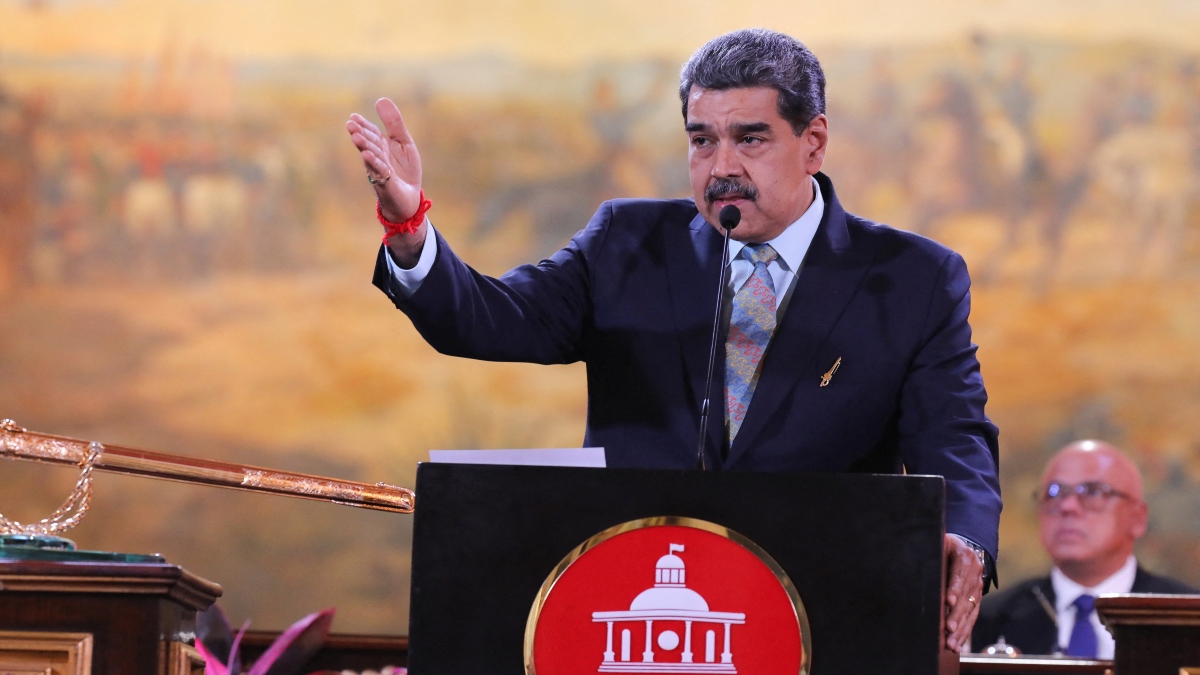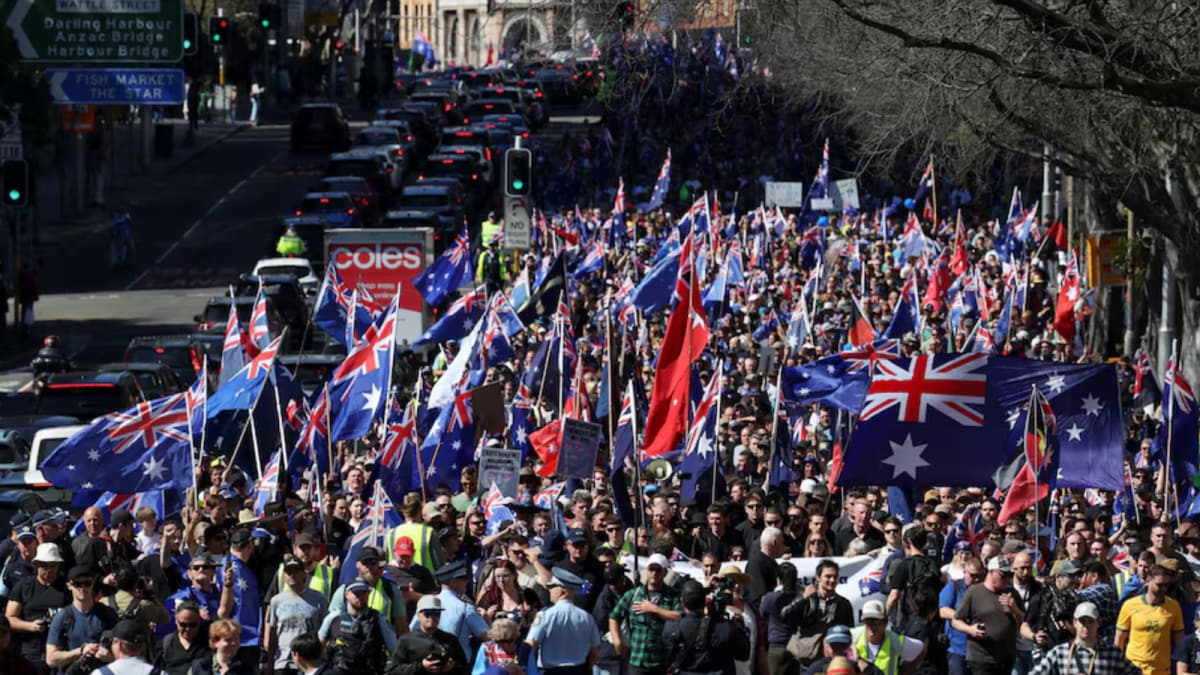US President Donald Trump has dubbed Venezuelan leader Nicolas Maduro a drug cartel boss. But data from the United States and United Nations (UN) contradicts such claims, putting into the question the real intention behind his aggressive Venezuela policy.
US President Donald Trump has dubbed Venezuelan leader Nicolas Maduro as a drug lord. But data from the US government and the United Nations (UN) does not support the claim that Venezuela is at the centre of a drug smuggling network.
Last month, the Trump administration declared Maduro to be the leader of the drug cartel ‘Cartel de los Soles’ and announced a $50 million reward for information leading to his arrest. It said that the Soles cartel was “responsible for trafficking drugs into the United States” for over a decade under Maduro’s leadership. Previously, in July, the administration had declared the Soles cartel as a Specially Designated Global Terrorist (SDGT).
However, Venezuela is not a cocaine-producing country and more than four-fifths of cocaine in the United States comes from Columbia, according to data from the UN Office on Drugs and Crime (UNODC) and US Drug Enforcement Agency (DEA) reported by CNN.
Moreover, the Soles cartel that Maduro purportedly heads does not practically exist. Independent experts have said that the Soles cartel is a term that the media have used to refer to cells within the Venezuelan government involved in drug smuggling. It is not a hierarchical cartel in real sense of the word.
Irrespective of these facts, Trump has deployed at least seven warships, a nuclear submarine, and around 4,500 personnel in the seas around Venezuela to combat purported drug smugglers. He announced on Tuesday that the US military struck a boat from Venezuela that was carrying drugs and killed 11 “terrorists”.
With such actions, Trump’s real intention is under question. Officials in Venezuela and experts elsewhere are wondering whether the real intention with such posturing armed intervention for regime-change in Venezuela.
Data doesn’t support Trump’s claims about Venezuela
Attorney General Pam Bondi dubbed Maduro as “one of the most powerful drug traffickers in the world and a threat to the national security” of the United States. But even agencies under her do not share that assessment.
In March, the US DEA, which works under Bondi’s Department of Justice, said in its annual report that 84 per cent of the cocaine seized in the United States comes from Colombia, according to CNN.
In the four pages dedicated to cocaine, the report did not mention Venezuela at all. Instead, the report said Colombia and Peru were primarily mentioned as producers and while Ecuador, Central America, and Mexico were mentioned as transit countries.
Separately, the UNODC said that Colombia accounted for 37 per cent of cocaine seizures, Ecuador for 8.8 per cent, and Panama 4.2 per cent, with Venezuela accounting for less than 2 per cent, as per CNN.
However, this does not mean that drugs do not transit through Venezuela or that senior Venezuelan figures have not been involved in drug smuggling. In fact, in 2016, two nephews of Maduro’s wife, Cilia Flores, were arrested by the DEA in Haiti on drugs smuggling charges. In June, Hugo ‘El Pollo’ Carvajal pleaded guilty in the United States to import cocaine into the United States and to narco-terrorism charges.
End of Article

)

